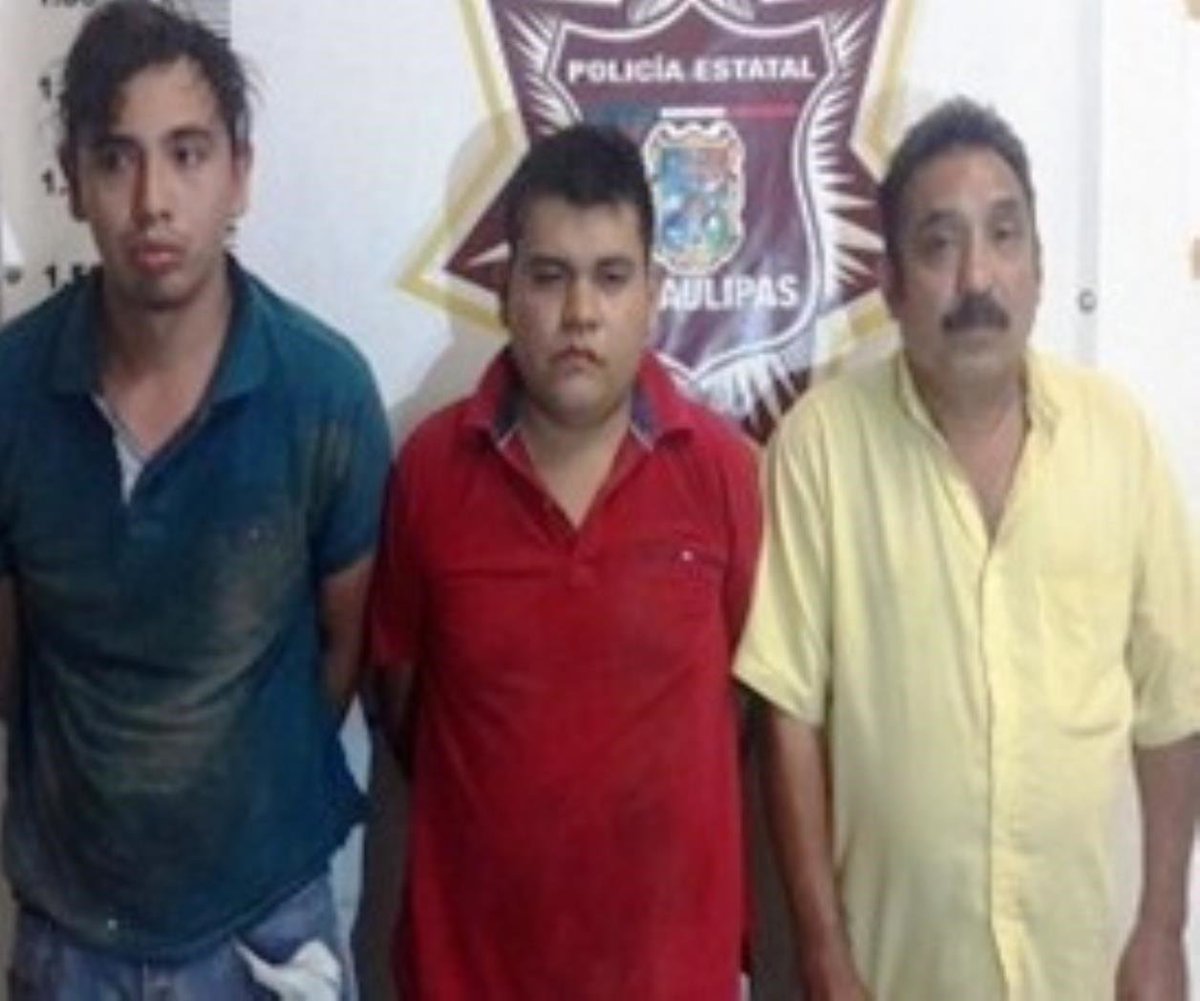
Iguala Mayor Jose Luis Abarca and his wife Maria de los Angeles Pineda Villa remain at largeĪs students at the Ayotzinapa rural teachers' college at the end of this September commenced their annual fundraising campaign - timed to commemorate 46 years since the massacre of students at Tlatelolco in Mexico City - local police ambushed several buses in the city of Iguala, killing six students and "disappearing" 43. Recent developments in the Mexican state of Guerrero illustrate the extent of the problem. It's a sad state when merely speaking freely has become a form of activism, Kapellmann added. Kapellmann put it this way: "How can the government protect journalists if it can't protect its citizens, or even politicians?" A new federal office specialized in prosecuting those who attack journalists "cannot get any convictions," Ramirez told DW.īut Ramirez described this problem as "not specific for journalists," pointing to a mere 14 percent conviction rate on cartel-related violence.

The Committee to Protect Journalists rated Mexico as number 7 on its "Impunity Index" - just better than Afghanistan and worse than Colombia in prosecuting murders of journalists.Īlthough some steps have been made toward accountability, "Efforts of authorities to prosecute those who target journalists have not paid off," said Juan Tadeo Ramirez Cervantes, a lawyer and blogger also based out of Mexico City.

According to the organization, more than 80 journalists have been killed in Mexico over the past decade, and at least 17 have disappeared. Reporters Without Borders has called Mexico "one of the world's most dangerous countries for journalists" - it's the deadliest nation for reporters in the Americas, ahead of Colombia and Brazil. Social media played a crucial role in the Arab Spring But "due to the magnitude of the problem, not everyone feels encouraged," Kapellmann said. Social media has been gaining importance as a "new track" for finding and sharing information - and this represents an important phenomenon in the region, Kapellmann added.Īs was the case in the Arab Spring, people seeing others participate in protest and action over social media channels can help break down a barrier of fear, unravel the spiral of silence, and unite people for social change. Rival cartels in Tamaulipas had enforced a blackout over negative news in the traditional media - which is also closely tied to the government - so citizens turned to social media for information about cartel-related violence in their region.Ī certain level of anonymity encourages people to participate in crowdsourcing efforts, like the one Rosario posted to and helped administrate, Kapellmann told DW.

Despite an anti-drug-trafficking offensive launched by the previous administrations that ruled for 12 years until 2012, drug cartels continue to essentially govern in some areas of Mexico. The before picture was retweeted with a caption, translated as: "In Tamaulipas, they have murdered cyber-activist Felina who denounced organized crime." The after picture is too gruesome to show, but was retweeted by several accounts in Mexico directly after first appearing on Twitter.Īlong with other northern Mexican states like Sinaloa, Veracruz and Guerrero, Tamaulipas - where the murder took place - is deep in the grip of drug cartels.įor decades under the again-ruling PRI party, organized crime became deeply entrenched and infiltrated high levels of government, especially in certain regions. "We are seeing more cases like Rosario," said Daniel Kapellmann, an IT consultant and blogger based out of Mexico City. Although such graphic photos publicized over a social media platform make this case exceptionally lurid, the murder of citizen journalists in Mexico is unfortunately not an isolated phenomenon.

The posts have since been removed and Twitter has shut down the account. This was followed by two tweeted photos: one of a middle-aged woman looking into the camera then one of the same woman dead, with a gunshot to her face. Under the handle of "Felina," Rosario posted alerts on violent incidents and encouraged victims to file police reports in her northern Mexico city of Reynosa, including over the Valor por Tamaulipas Twitter platform.īut after repeated threats and an apparently coincidental kidnapping, on October 16 Felina tweeted: FRIENDS AND FAMILY, MY REAL NAME IS MARÍA DEL ROSARIO FUENTES RUBIO. These are some of the words that appeared on social media platforms in reaction to news of the "Twitter murder" of citizen journalist Maria del Rosario Fuentes Rubio.


 0 kommentar(er)
0 kommentar(er)
